bETTER ACCOUNTABILITY, bETTER FINANCE
Our Better Accountability, Better Finance consultation paper calls for stronger accountability and transparency in climate finance to unlock the trillions of dollars needed to help the world achieve climate-positive growth and development goals. “Green Accountability” could save more than $100bn a year across public climate finance flows and avoid 3GT of annual GHG emissions, by improving the current system in which some 75% of committed funds remain unspent or undeployed.
Stronger accountability and transparency in climate finance is needed to unlock the trillions of dollars needed to help emerging markets and developing economies achieve climate-positive growth and development goals.
The “Better Accountability, Better Finance” consultation paper - created with the support of the Global Partnership for Social Accountability (GPSA) and the Transparency and Accountability Initiative (TAI) - provides a blueprint for a new system which embeds transparency and accurate data-driven monitoring, reducing the perception of risk and bringing down the cost of capital to unlock additional investment.
Emerging markets and developing economies need $2.4 trillion every year to deal with the effects of climate change, but current mechanisms provide just 20% of this – and only a quarter of those committed funds actually reach projects on the ground. A significant proportion of funds are untraceable, leaving room for greenwashing and capture, creating high levels of distrust in the climate finance system.
“There is a huge trust deficit. We urgently need to boost accountability and transparency across climate finance ecosystems to address this imbalance, creating local-led approaches that will mobilise billions of dollars into projects in the Global South and support climate projects across the globe.
”
Citizens and civil society have a crucial role to play in an accountable climate finance system that shifts decision making from a top-down to a more inclusive approach, benefiting those most affected by climate change.
The Better Accountability, Better Finance consultation paper, proposes new “Green Accountability” practices that give domestic institutions, local communities and civil society groups a central role in climate finance disbursement, thereby improving transparency, ensuring funding responds to needs on the ground and building trust at all levels of international climate finance. The five-point blueprint for a robust and efficient climate finance system inlcudes improving transparency through open and real-time data monitoring channels and providing direct access to climate finance for local projects, giving local communities and civil society better access to climate finance and more decision-making power in planning and delivery.
The analysis finds that every dollar invested in Green Accountability could unlock up to 12 dollars that are currently wasted, ensuring that capital is deployed efficiently and equitably. This clearly indicates the potential of pricing Green Accountability measures into projects and financing mechanisms.
“We’re living through the hottest year on record and staring at irreversible climate tipping points. Allocating just 5-10% of funds to integrate Green Accountability principles would rapidly improve the efficiency of climate finance, avoid waste, and lead to more equitable outcomes for people and planet. ”
The paper draws on evidence from best practice case studies, demonstrating that greater local ownership and civil society involvement in finance distribution and tracking can help direct capital more efficiently to areas where it will have the most impact.
In Kenya, Publish what you Fund developed an analytical approach which tracked funds to identify an acute adaptation funding gap in the energy sector. This transparency allows recipient countries to track their spend, building trust with donor countries. A study on climate adaptation projects in Bangladesh found that increased local monitoring led to improved project quality. And in Indonesia the success of Project STOP, an initiative to scale circular waste systems across cities, was built on close coordination across all levels of government and civil society, ensuring the outcomes were demand-driven and fit-for-purpose for communities dealing with the plastic waste crisis.
Implementing the paper’s recommendations would mobilise more international capital, channeling it towards emerging markets and developing economies which have some of the best climate-aligned investment opportunities.
“We recognise that the climate crisis is a global crisis, and it requires a global response. Green accountability creates systemic ways for people to have a voice and role in the climate decisions that most impact their lives. It places citizens and civil society at the heart of climate finance to direct funding, implement solutions, and hold decision-makers accountable for effective and equitable climate action.
”
“We will not achieve a just transition without Green Accountability. It is essential to the legitimacy and sustainability of climate finance, both public and private. History tells us that we ignore governance gaps at our peril. Transparency, participation and accountability matter for securing the quantity and quality of finance needed in the face of the climate emergency.”
“Green Accountability can tackle the perception of risk in emerging markets and developing economies which is critical to bringing down the cost of capital and unlocking investment for climate action.”



